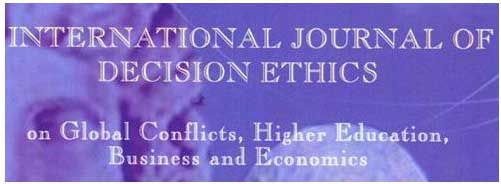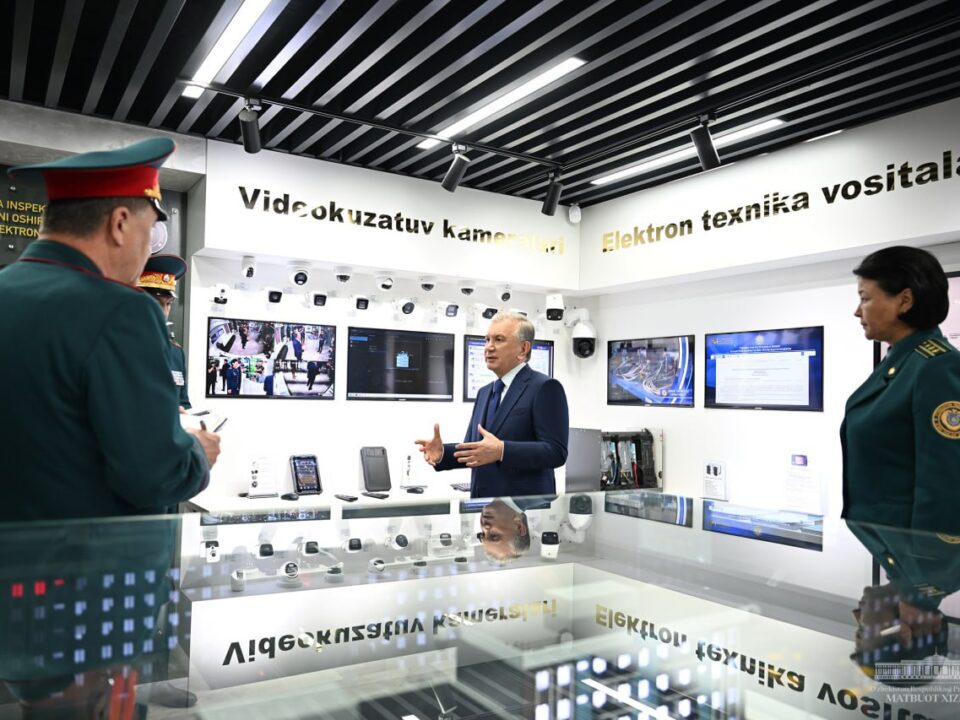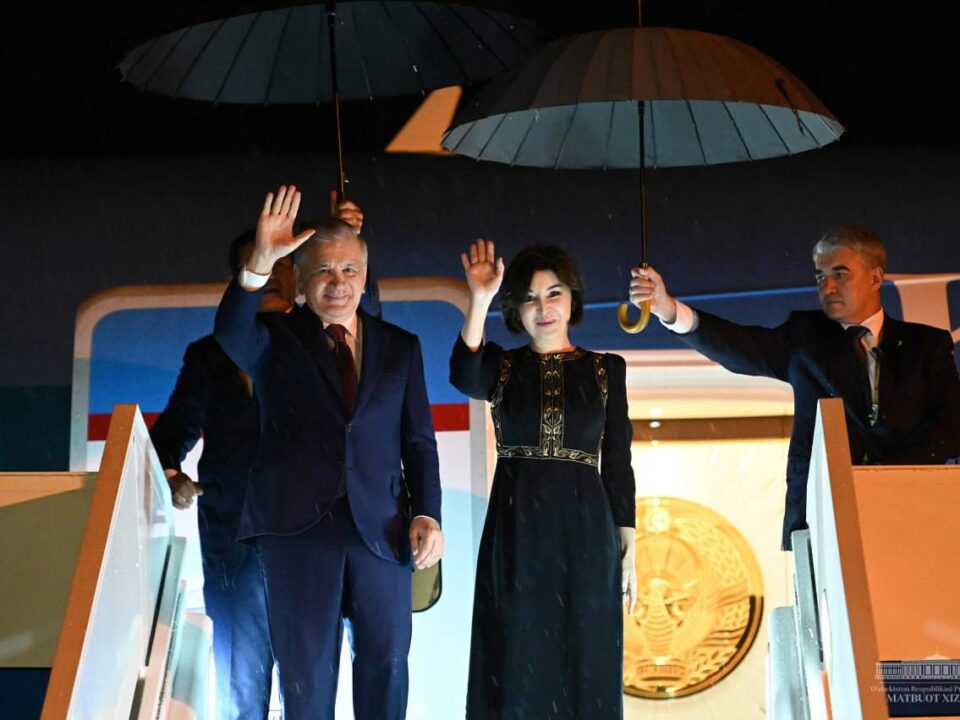Periodical “International Journal of Decision Ethics” (USA) in regular issue published a congratulatory message voiced by the President of Uzbekistan Islam Karimov at the opening of the International Conference “The historical heritage of scientists and thinkers of the middle East, its role and importance of modern civilization”, held in Samarkand May 2014.
The article notes that the special importance of the forum gave the fact that it was held in Samarkand, which throughout its almost three thousand years of history has been and remains a crossroads of civilizations, cultures and peoples.
The aim of the conference was to discuss the deep understanding of the scientific heritage of outstanding scientists and thinkers of the medieval East, estimation of their role and place in the history of modern civilization.
“The history of the medieval East shows that the rapid rise of culture, education, medicine, literature, art and architecture, the emergence of scientific schools, and the influx of talent generation were attributed mainly to factors such as the rapid development of the economy, agriculture and the urban economy, a high level of craftsmanship and trade construction of roads and opening new caravan routes and, above all, the preservation of relative stability.
Ancient monuments of Bactrian, Sogdian, Orkhon, Khorezm writing, mural painting and sculpture, architecture and more testify on development of culture. Khorezm state, which was established from the XI to the XIII century, covered a large part of Asia, uniting the lands of neighboring nations, from India to the Persian Gulf”, – the publication notes.
It is further noted that it is difficult to overestimate the immense and irreplaceable role of the Great Silk Road (II century BC – XV century AD) as an international transport artery antiquity linking the countries and regions such as China, India and Central Asia, the Middle East, Mediterranean. This pathway provided not only trade relations between these territories, but also an information dialogue between continents and countries, championed rapid spread of new technologies and innovations (production of silk, porcelain, gunpowder, paper and many others), crops and agricultural technologies, and cultural values, thereby creating the conditions for inter-civilizational and technological exchange.
The mutual enrichment of peoples of different countries scientific knowledge and achievements played a special role. Along the Great Silk Road to Europe and back to Asia, there were reports on the activities of scientists and thinkers of the East and the West, formed a practical access to the works, ideas and discoveries of these great scholars of antiquity, Socrates, Plato, Aristotle, Ptolemy and others. According to research scientists, the East, in particular, the region of Central Asia, was the source of two powerful bursts of scientific and cultural advancement in the IX-XII centuries and XIV-XV centuries, which is rightly recognized by the world scientific community as an epoch of East Renaissance, which has had its beneficial the impact on the revival processes in other regions of the world”, – International Journal of Decision Ethics cites the words of the President of Uzbekistan.
The huge stratum of scientific heritage, the great discoveries of genius of the medieval East, in particular, such as Muhammad ibn Musa al-Khorezmi, Ahmad al-Ferghani, Abu Nasr ibn Iraq, Abu Rayhan al-Biruni, Avicenna, Abu Nasr Farobi and many others far from being fully explored and waiting to be explored.”Today there are over 100 thousand handwritten works in the book depository of Uzbekistan, most of which are included in UNESCO World Heritage List. Manuscripts of scientists and thinkers of the medieval East are the “golden fund” of the libraries of many European and Asian countries – Britain, Germany, Spain, Russia, France, Egypt, India, Iran and others.
Brilliant works and scientific heritage of the above-mentioned outstanding scientists and thinkers – an asset not only to one nation or people, but of all mankind”, – stated in the publication.


























